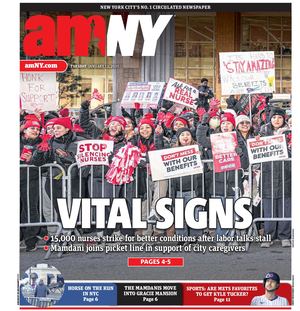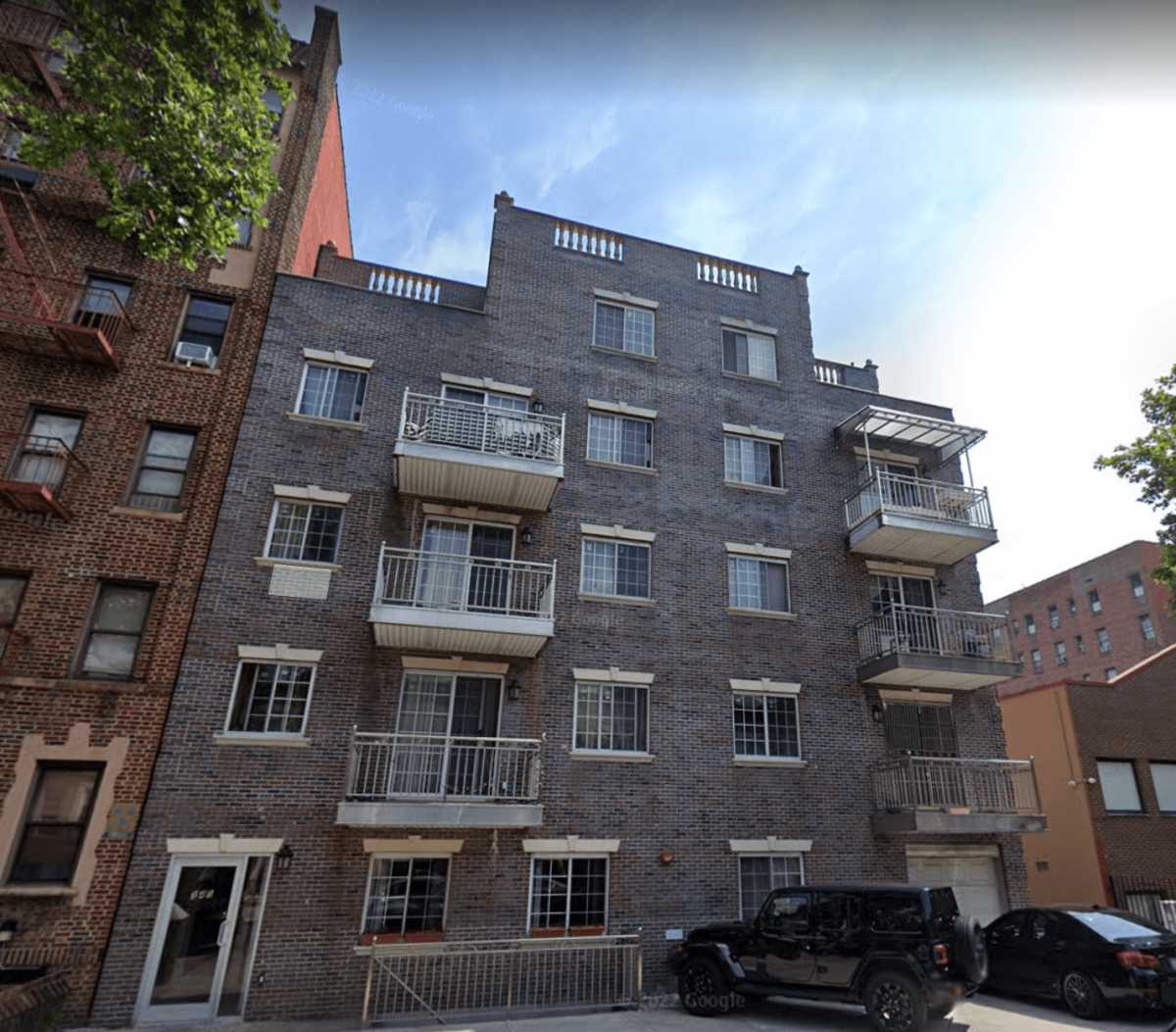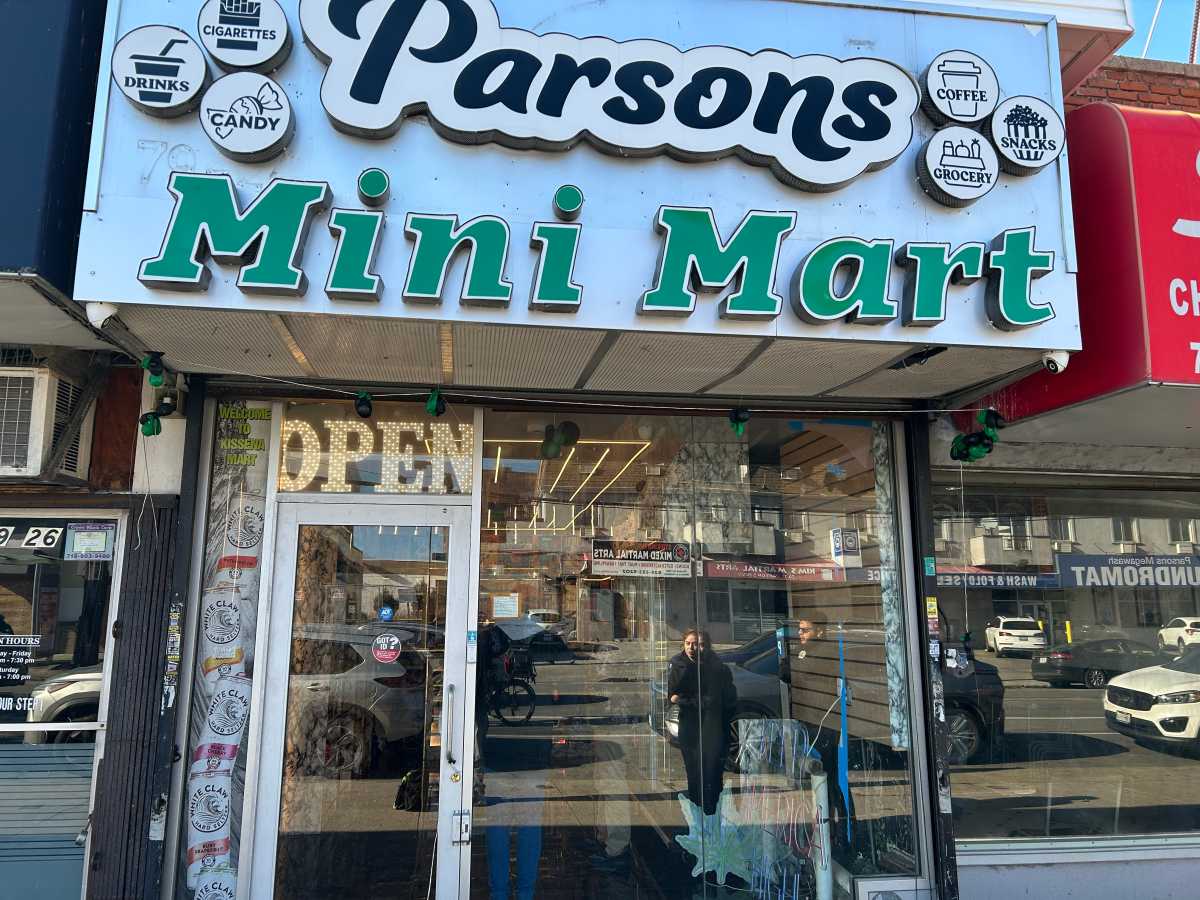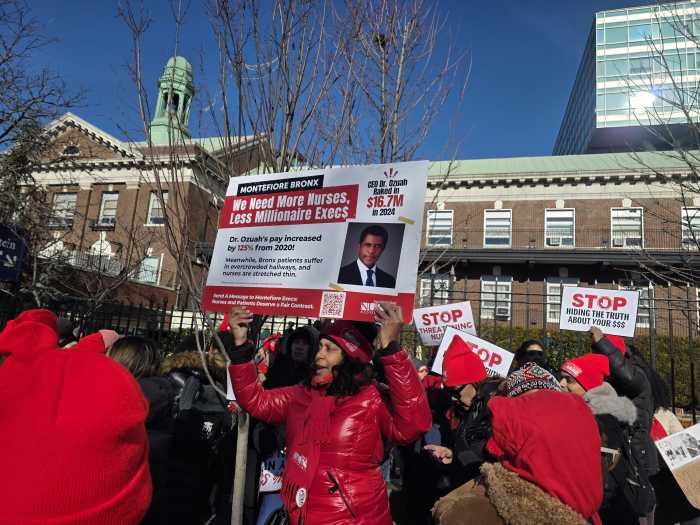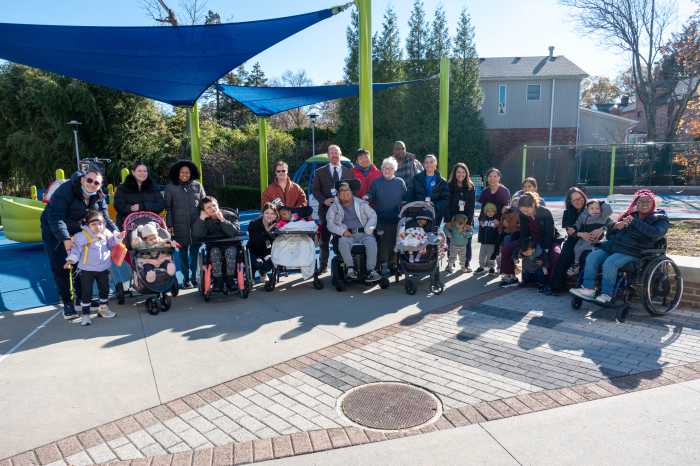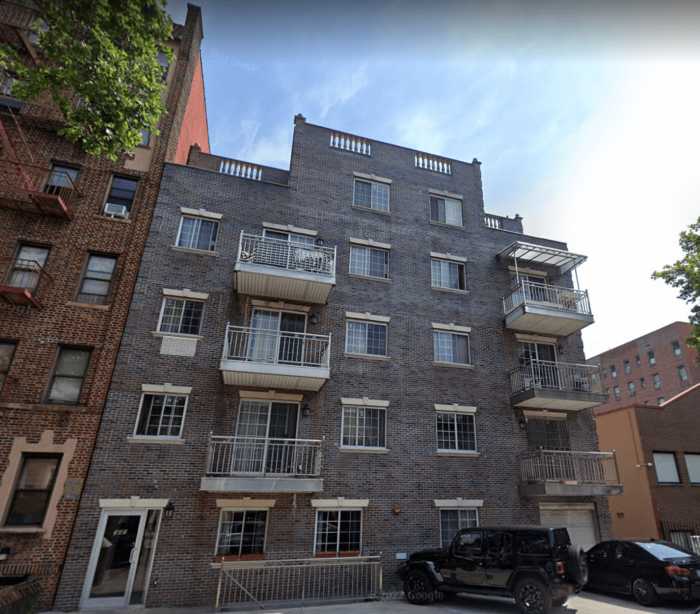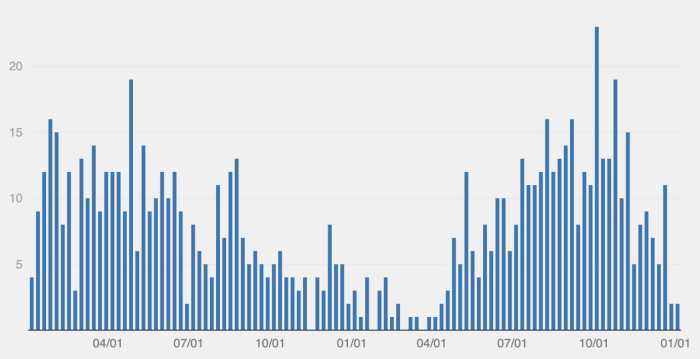By Julie Shapiro
The city launched a $5-million advertising campaign this week to encourage people who believe they are sick because of 9/11 to seek treatment in the city’s free programs.
The campaign targets Lower Manhattan residents, students and office workers who do not know where to get help or who do not realize their symptoms may be connected to 9/11, Mayor Michael Bloomberg said at a press conference last week.
Hundreds of thousands of these non-responders could be eligible for the free treatment, and the city has enough money to treat 20,000 sick people.
The city plans to foot the bill for the influx of new patients who respond to the ads, but Bloomberg also called on the federal government to do its share in caring for the non-responders.
“New York City should not have to support these efforts single-handedly,” Bloomberg said.
Research and treatment can only be effective if the programs have long-term, consistent funding, Bloomberg said. But getting that funding from the federal government has “been like pulling teeth,” he said.
The federal government included non-responders for the first time late last year in a $108 million 9/11 health allocation. The Centers for Disease Control and Prevention issued a request for proposals for $30 million of that money this summer, designating it for the treatment of residents, students and office workers. The C.D.C. will announce up to three grant recipients by the end of September, spokesperson Bernadette Burden said. The money would be spread out over three years.
New York City’s W.T.C. program for residents applied for the grant and expects to get it, said Jeffrey Hon, the city’s W.T.C. health coordinator.
Federal funding has been more forthcoming for New York City-based programs to treat first responders. Despite the treatment available, New York State will soon release a study showing that more than 400 9/11 rescue and recovery workers have died since 9/11, Hon said.
For non-responders, Bloomberg is putting his hopes in the 9/11 Health and Compensation Act, federal legislation New York City’s Congressional delegation introduced in revised form earlier this year. Nancy Pelosi, speaker of the House of Representatives, supports the act, which would provide monitoring to those exposed to toxins on 9/11 and treatment and compensation to those who are sick or injured.
Non-responders currently receive free treatment at Bellevue Hospital and satellite programs at Gouverneur Healthcare Services and Elmhurst Hospital Center in Queens. The three clinics have seen about 2,800 non-responders, whose physical and mental symptoms mirror those of responders, said Dr. Joan Reibman, who runs Bellevue’s W.T.C. center.
The W.T.C. Health Registry released new data Wednesday based on the 71,437 people it tracks, including both responders and non-responders. The data suggest that 35,000 to 70,000 people heavily exposed to the events of 9/11 developed Post-Traumatic Stress Disorder and 3,800 to 12,600 people may have asthma, according to the Associated Press.
“Nine-eleven is still with many New Yorkers,” city Health Commissioner Thomas Frieden said at last week’s press conference, pointing to the continuing need for treatment.
Recovery workers and residents still have elevated levels of Post-Traumatic Stress Disorder, Frieden said. Volunteers who responded to the W.T.C. site with little training had the highest rates of P.T.S.D. several years after 9/11: 21 percent reported P.T.S.D. symptoms, compared to 12 percent of firefighters and trained emergency responders.
Frieden acknowledged that some of the statistics are now several years old, but he said that if a person’s P.T.S.D. symptoms persist for 12 months, the symptoms are likely to persist until the person receives treatment.
Long-term illnesses like cancer could take decades to surface, Frieden said. Hon said the first cancers to appear would be blood cancers, which have a short period of latency. Scientists have not found that W.T.C. exposure causes cancer, but the possibility is something “we will continue to monitor closely,” Frieden said.
Julie@DowntownExpress.com
